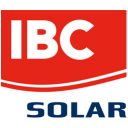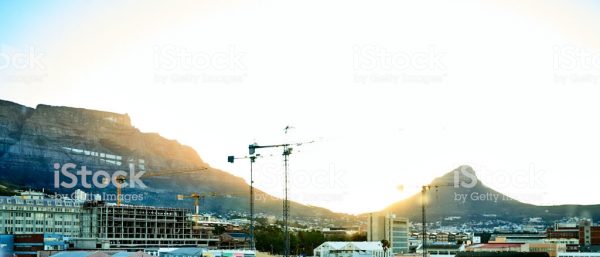Solar power in Cape Town
Solar power in Cape Town has become a hot topic in recent years. If you are based in Cape Town and thinking of installing solar power, then you could find this information helpful.
Electricity suppliers in Cape Town
Electricity in Cape Town is either supplied by the City of Cape Town municipality or directly by Eskom. This map illustrates which areas are supplied by Eskom and which by City of Capetown.
City of Cape Town and Eskom and grid-connected solar systems.
City of Cape Town has a well know process and system of connecting solar systems to their grid to export energy.
At the time of writing this article (November 2019), Eskom still does not allow solar systems to connect to their grid to export energy. According to this document , Eskom is still working on the framework! At present Eskom does not have enough energy to supply all South Africa's energy needs, and has to implement load shedding during the day, where solar power could be meeting a large part of South Africa's energy needs.
Electricity Tariffs in Cape Town
The tariff you pay is an important factor to consider when thinking of installing solar. The higher your tariff, the shorter the payback, and the higher your return on investment. The electricity tariffs City of Cape Town and Eskom can be found here:
More information on the various tariffs in the municipality City of Cape Town can be found here.
Small-Scale Embedded Generation (SSEG) Feed-In Tariffs in Cape Town.
Find out here how much will be paid for any exported energy by municiaplities in Cape Town.
Solar system grid connection requirements in Cape Town
A very clear and detailed guide on the requirements to connect solar system to the grid in the City of Cape Town is available here.
Solar radiation in Cape Town
Cape Town has relatively high solar radiation in comparison with countries in Europe. The average specific energy yield in Cape Town is around 1 600 kWh / kWp / y. That means for every one kiloWatt of solar panels installed, one can expect it to produce 1600 kWh of energy on average per year. For example,1 600 kWh compared to 1 100 kWh in Munich Germany, means one can get 45% more energy production out in Cape Town, than in Munich!

Solar panel orientation in Cape Town
The solar panel orientation in Cape Town that will produce the absolute most energy per year, is: 27 degrees tilt and North orientation. A building's roof is very rarely perfectly North facing at 27 degrees. It is not always necessary to install panels exactly at the right angle and orientation. One has to weigh up the benefit in energy production against the cost of structures making it North facing. In most cases, it is not worth the extra cost. One also runs the risk of wind damage if panels are installed at an angle on a flat roof.
Optimum tilt and azimuth for solar collectors in South Africa using measured data
Conclusion
Solar power in Cape Town makes economical and environmental sense due to:
- Falling cost of solar power and rising electricity tariffs;
- Relative high solar radiation in Cape Town;
- Regulations in place allowing solar systems to connect to the electricity grid and export energy.
Interested in finding out how you can benefit from solar power in your home or business?
Then fill in our form to request a quote/consultation from qualified, pre-approved installers in your area.
01.11.2019 /


